Which hobby class the child will go to, is often decided by the parents. Many times it is against the wishes of the children, which is harmful for them.

There was a time when the parents used to focus only on the studies of the children, but now every parent wishes that the child should excel in other activities along with studies. For this, they enroll the children in hobby classes.
You may also want the same, but it is not that easy. Hobby class is a good way of mental development of the child and teaching new things, but for this many things matter, which are very important to know.
In the changing times, it is important that you change your way of parenting and understand the children in a better way.
Child’s Opinion:
Before sending the child to hobby class, it is also important to know his opinion. Ask him which hobby class he wants to go to. If the child is not ready to go to any hobby class, then do not force him, but explain with love.
If the hobby class is not chosen according to the child’s interest, then the child will not be able to develop physically and mentally as he should.
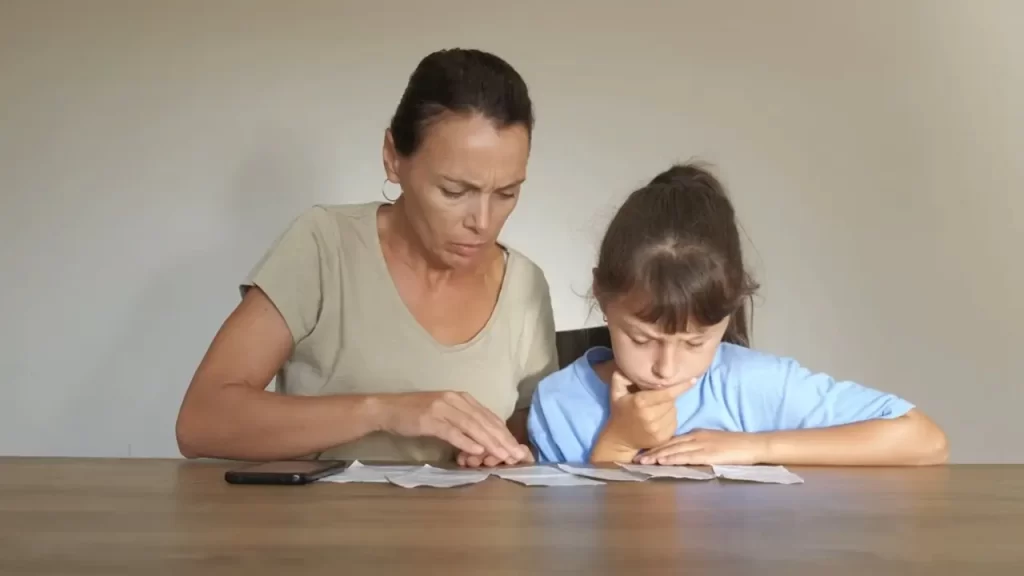
It’s essential to consider a child’s opinion when enrolling them in hobby classes. Here’s a detailed explanation:
Understanding the Child’s Opinion:
- Before making any decisions, engage in a conversation with the child. Ask about their interests, preferences, and what activities they enjoy.
- Understand their likes, dislikes, and any specific hobbies they might already have. This helps you tailor the choice of hobby class accordingly.
Importance of the Child’s Choice:
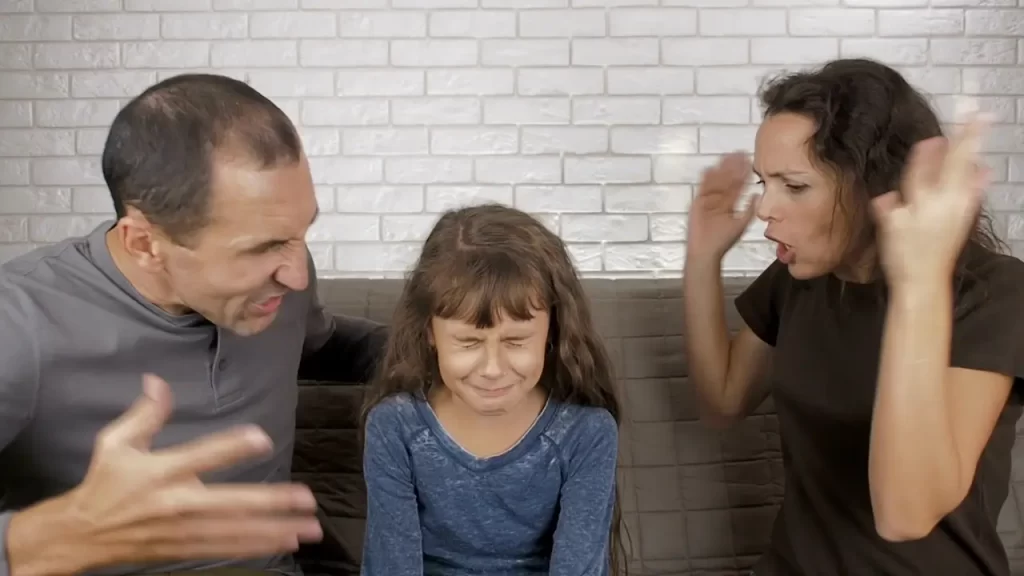
- A child’s participation in a hobby class should be voluntary. Forcing them into an activity they dislike can lead to resentment and hinder their overall development.
- When children choose their hobby, they feel more motivated and engaged. Their enthusiasm contributes positively to their physical, mental, and emotional growth.
Explaining with Love:

- If the child expresses reluctance, avoid pressuring them. Instead, explain the benefits of hobby classes in a gentle and supportive manner.
- Emphasize how hobbies enhance creativity, social skills, and cognitive abilities. Let them know that it’s an opportunity for fun and learning.
Choosing the Right Hobby Class:
Consider the child’s age, temperament, and existing interests. For example:
- An artistic child might enjoy painting or music classes.
- An active child might thrive in sports or dance classes.
- A curious child might prefer science or coding classes.
Align the choice with their natural inclinations to ensure holistic development.
Remember, open communication and respecting the child’s preferences create a positive environment for growth. 😊
Identification of Ability:
If the child is very young, then hobby class is not appropriate for him. For example, it will be difficult to teach sitar or violin to a three-year-old child in a music class as per your wish. Therefore, choose the hobby class according to the child’s age and ability.
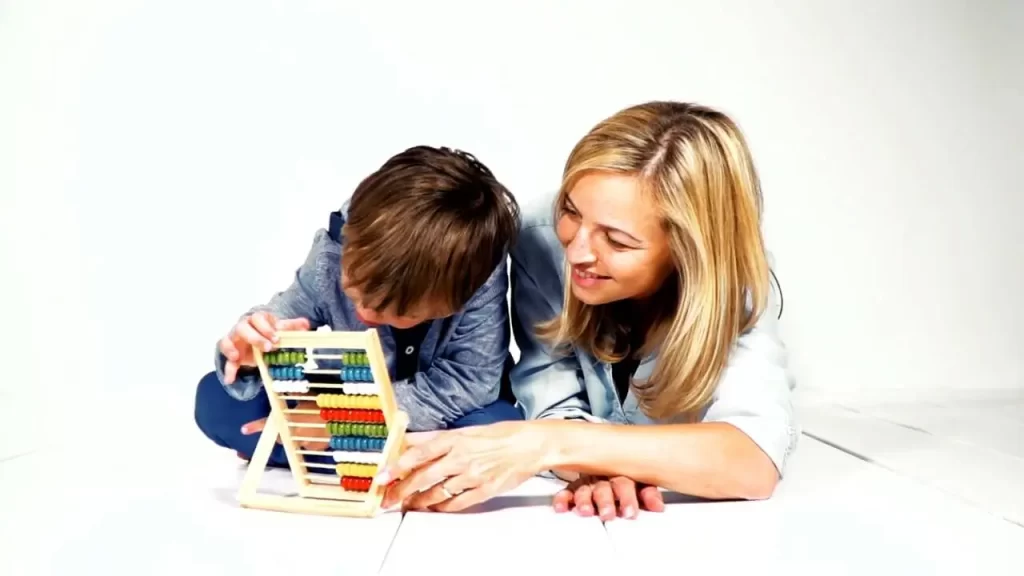
Let’s delve into the details of identifying a suitable hobby class for a child based on their age and ability:
Age Consideration:
- Young children have varying attention spans and physical capabilities. It’s crucial to choose age-appropriate activities.
- For toddlers (around 2-3 years old), focus on simple, sensory-based activities like painting, clay modeling, or exploring nature.
- Preschoolers (3-5 years old) can engage in more structured activities like dance, basic music, or storytelling.
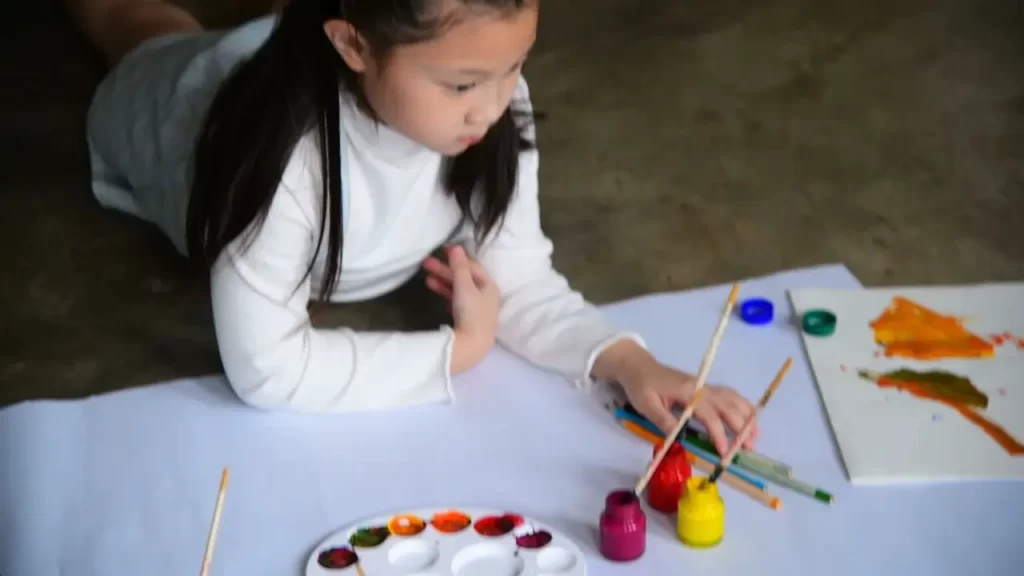
Physical and Cognitive Ability:
Assess the child’s motor skills, attention span, and cognitive development.
Avoid complex activities that might frustrate them. For instance:
- Teaching intricate musical instruments (like sitar or violin) to a three-year-old is impractical due to their limited dexterity.
- Opt for activities that match their abilities, such as rhythm games or simple instruments like xylophones.
Interest and Passion:
- Observe what excites the child. Do they show interest in specific topics or activities?
- Align the hobby class with their natural inclinations. If they love animals, consider a pet care or wildlife exploration class.
Holistic Development:
- Look beyond just skill development. Hobby classes should foster creativity, social interaction, and emotional growth.
- Balance physical, mental, and emotional aspects to ensure a well-rounded experience.
Remember, a child’s enthusiasm and enjoyment are key indicators of a successful hobby class! 😊
Time and Place:
If the hobby class is very far from the child’s school or home, then he will have difficulty reaching there. Apart from this, if the time of the hobby class is too long or such that the child does not get time for rest, study and other work, then it is also not right.
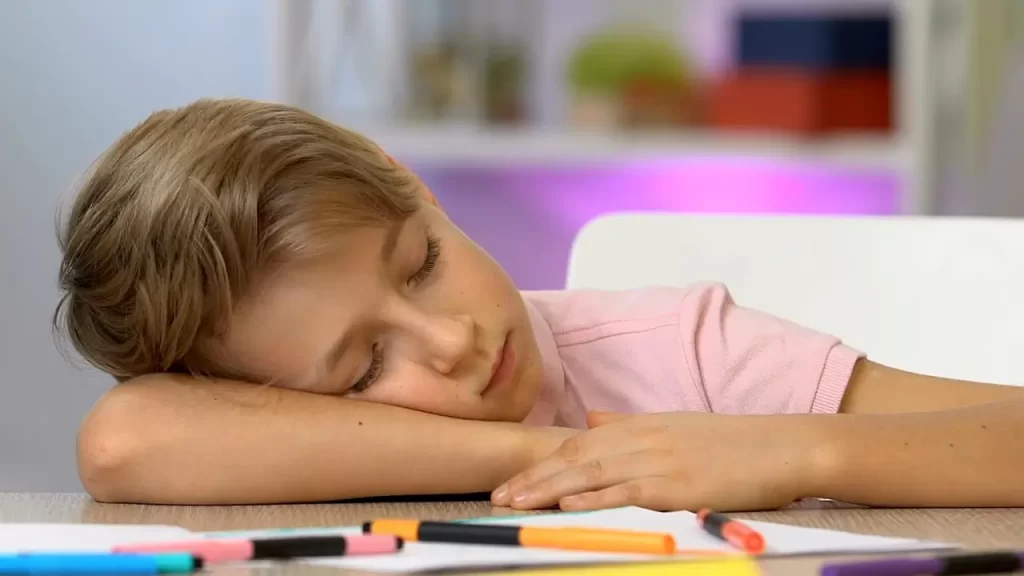
Let’s explore the importance of considering time and place when choosing a hobby class for a child:
Proximity to Home or School:
- Opt for a hobby class that is conveniently located. If it’s too far from the child’s home or school, transportation becomes challenging.
- Long travel times can lead to fatigue and impact the child’s overall well-being.
Time Duration:
- Ensure that the hobby class duration aligns with the child’s schedule.
- If the class is too long, it might interfere with rest, study time, and other essential activities.
- Balance the class duration to allow for adequate rest and academic commitments.
Remember, a well-planned hobby class should fit seamlessly into the child’s daily routine! 😊
Checking Everything:
It is important for you to know about the hobby class and all the facilities available in it, such as what will be taught in the hobby class, what equipment will be available and what activities will be conducted?

When considering a hobby class for a child, it’s crucial to gather detailed information about the class and its facilities. Here’s a breakdown:
Curriculum and Subjects:
- Understand what subjects or activities the hobby class covers. Is it art, music, dance, sports, or something else?
- Ensure that the curriculum aligns with the child’s interests and goals.
Qualified Instructors:
- Inquire about the instructors’ qualifications and experience. Are they skilled in teaching the chosen hobby?
- Good instructors create a positive learning environment and enhance the child’s experience.
Class Duration and Frequency:
- Know how often the classes are held (weekly, biweekly, etc.) and their duration (e.g., 1 hour, 2 hours).
- Consider whether the schedule fits well with the child’s routine.
Equipment and Materials:
- Ask about the availability of necessary equipment or materials. For instance:
- Art classes should have paints, brushes, canvases, etc.
- Music classes need instruments or practice rooms.
- Lack of proper resources can hinder the child’s progress.
Activities and Events:
- Inquire about any special events, workshops, or performances associated with the class.
- Participation in events enhances the child’s confidence and social skills.
Remember, thorough research ensures a positive and enriching hobby class experience! 😊
Fees:
Understand the fee structure of hobby classes to ensure that you are not being charged extra money and whether the place where you are investing your money is right or not.
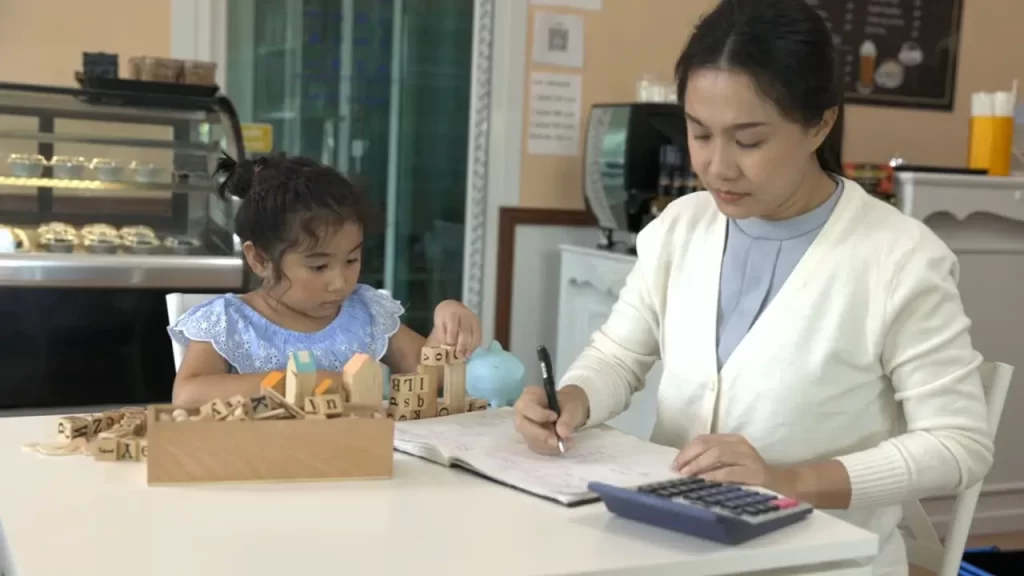
Let’s delve into the details of understanding hobby class fees:
Fee Structure:
- Inquire about the total fees for the entire course or term. Understand if there are any additional charges (registration fees, material fees, etc.).
- Clarify whether the fees cover all aspects (tuition, materials, events) or if there are hidden costs.
Comparative Analysis:
- Research other hobby classes in the area. Compare their fees, facilities, and reputation.
- Ensure that the fees align with the quality of instruction and resources provided.
Value for Money:
- Evaluate what the child gains from the class. Is it worth the investment?
- Consider the overall experience, skill development, and enjoyment.
Refund Policies:
- Understand the refund policy in case the child decides to discontinue the class.
- Avoid classes with rigid refund rules.
Remember, informed decisions lead to a rewarding hobby class experience! 😊
Know the Benefits Too:
Hobby classes help in the development of the child, he gets a chance to learn new things and he gets to know himself. Children get many benefits from hobby classes-
- The child’s interests develop.
- The child’s confidence increases.
- The sense of teamwork develops.
- The child develops the ability to solve problems.
- Mental and physical development takes place.
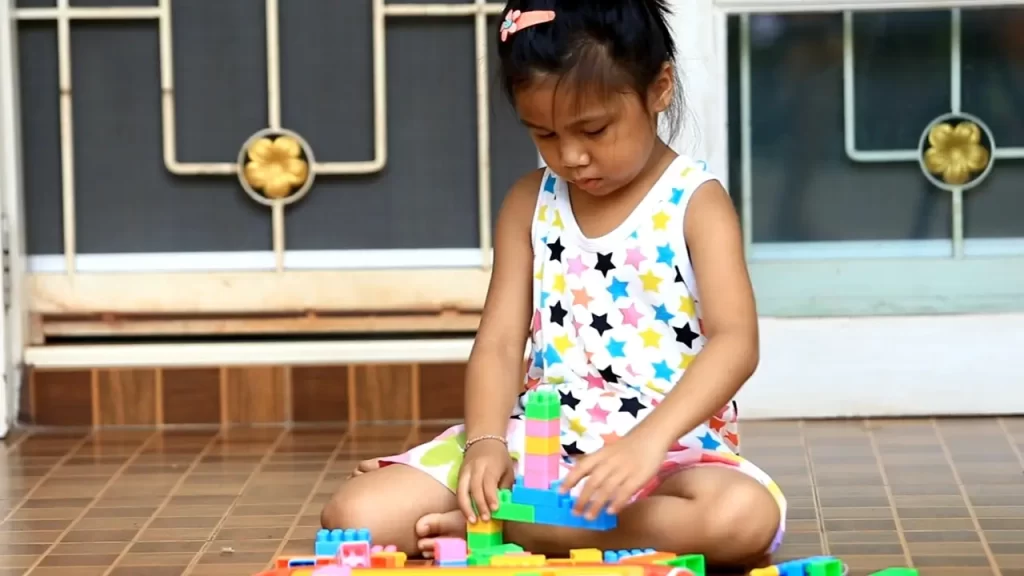
Let’s explore the benefits of hobby classes for children in detail:
Interest Development:
- Hobby classes expose children to various activities, allowing them to discover their interests.
- Whether it’s painting, music, sports, or coding, hobbies nurture passion and creativity.
Increased Confidence:
- As children learn and improve in their chosen hobby, their self-confidence grows.
- Accomplishing tasks and mastering skills boosts their self-esteem.
Teamwork Skills:
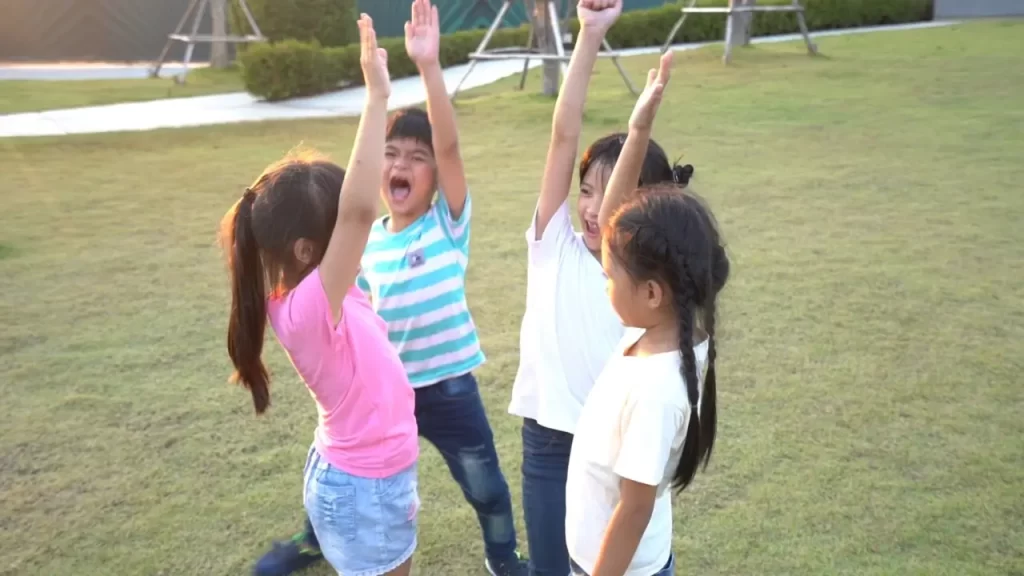
- Many hobbies involve group activities or collaboration.
- Children learn to work with others, share ideas, and contribute to a team.
Problem-Solving Abilities:
- Hobbies often present challenges or puzzles.
- Solving these problems enhances critical thinking and adaptability.
Mental and Physical Development:
- Engaging in hobbies stimulates the mind and keeps it active.
- Physical hobbies like sports or dance promote fitness and coordination.
Remember, hobby classes offer holistic growth and enjoyable learning experiences! 😊
Children Learn on Their Own
Children cannot be taught anything in a hurry. None of us is capable of preparing their future or their childhood. Children learn on their own, their development happens on their own terms. Your children learn the most from themselves and the surrounding environment, so do not come in their way.
If you impose your choices on them, then children make them their hobbies and start following our choices. If this happens, their proper development is not possible. Send your children to hobby classes at the right age, know their interests and if they are not liking it, then support them.
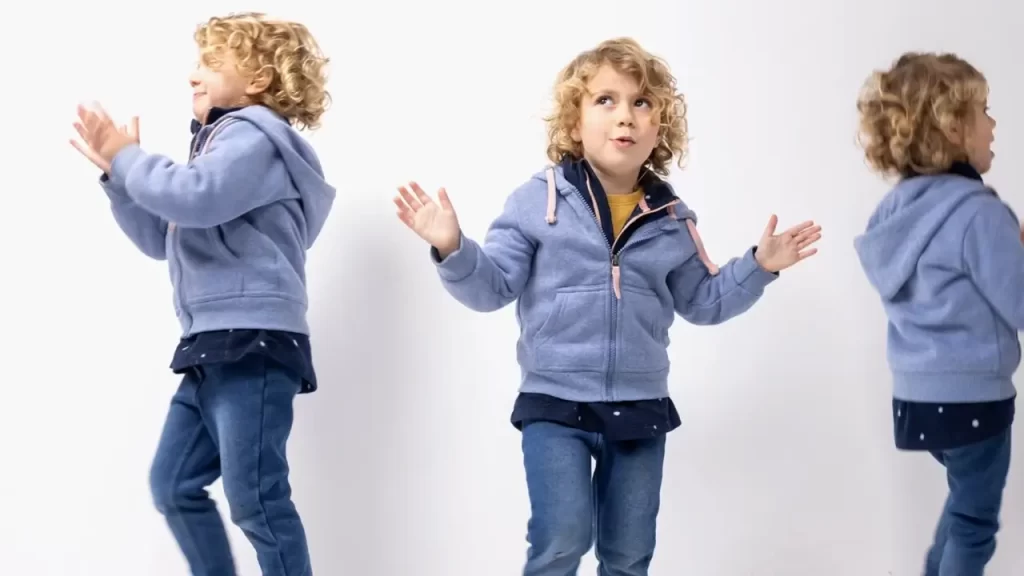
Let’s delve into the importance of allowing children to learn on their own terms and how it relates to choosing hobby classes:
Natural Learning Process:
- Children are naturally curious and learn through exploration, observation, and experience.
- Rushing their learning process or imposing our choices can hinder their development.
Individual Development:
- Each child has unique interests, abilities, and preferences.
- By allowing them to explore, we respect their individuality and encourage holistic growth.
Avoiding Imposition:
- When we force our preferences onto children, they may adopt those choices as their own.
- True development occurs when they freely choose activities aligned with their interests.
Choosing Hobby Classes:
- Introduce hobby classes at an appropriate age.
- Understand their interests and encourage them to explore various options.
- If a chosen hobby doesn’t resonate with them, support their decision to try something else.
Remember, nurturing a child’s autonomy and supporting their choices leads to well-rounded development! 😊




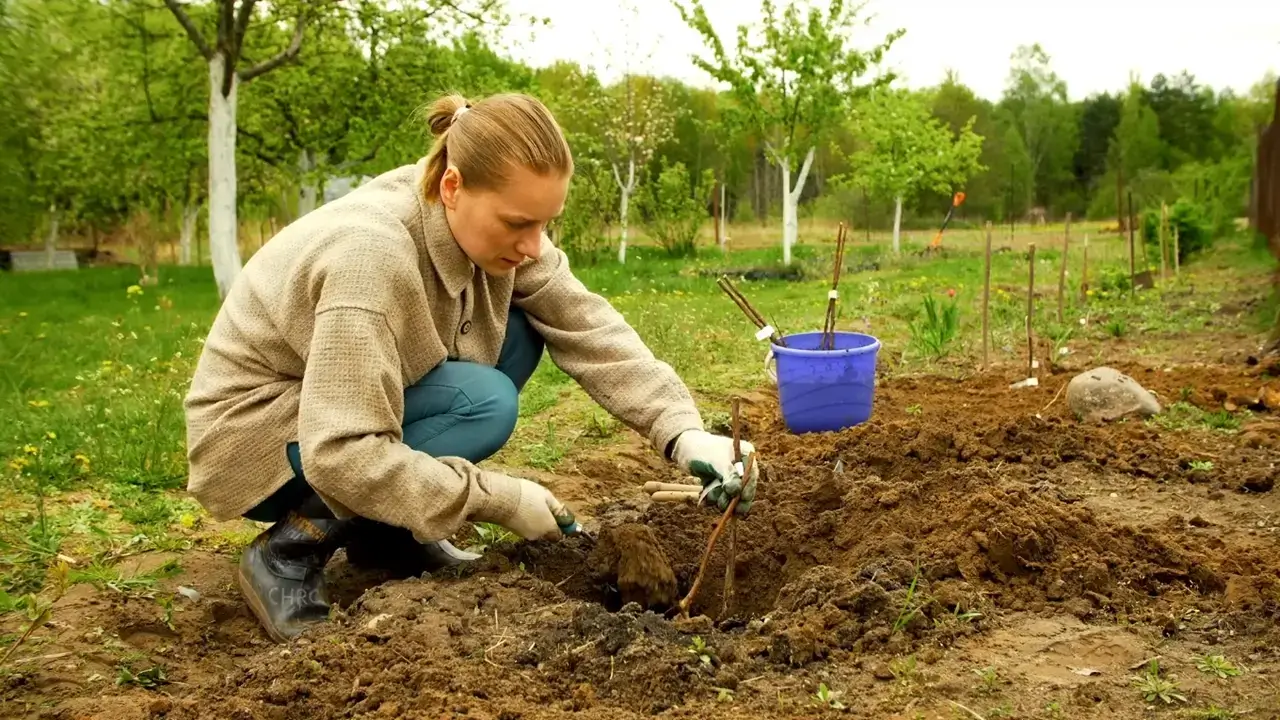



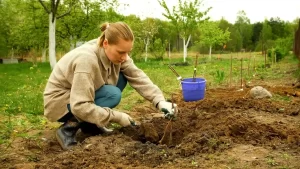

























What’s Tking plahe i am nnew too this, I stumbled upon thjs I have found It positively useeful and
it has aired me outt loads. I aam hoping too give a contribution & help othsr customers like its aided me.
Greaat job.
Great blog here! Also your site loads up very fast! What web host are you using? Can I get your affiliate link to your host? I wish my web site loaded up as fast as yours lol
Very interesting points you have noted, thanks for putting up. “Jive Lady Just hang loose blood. She gonna handa your rebound on the med side.” by Airplane.
Hello my friend! I want to say that this article is amazing, great written and include almost all vital infos. I would like to look extra posts like this.
Can I just say what a reduction to search out somebody who truly is aware of what theyre speaking about on the internet. You definitely know methods to deliver a difficulty to light and make it important. More folks have to read this and understand this side of the story. I cant consider youre not more standard since you definitely have the gift.
Its noot my firsdt time tto ggo too see this web page, i amm viositing this site dailly annd gget
gooid acts from hedre every day.
Good day! Do you know if they make any plugins to protect against hackers? I’m kinda paranoid about losing everything I’ve worked hard on. Any tips?
Hello there! I know this is somewhat off topic but I was wondering if you knew where I could locate a captcha plugin for my comment form? I’m using the same blog platform as yours and I’m having trouble finding one? Thanks a lot!
Hello! I could have sworn I’ve been to this blog before but after browsing through some of the post I realized it’s new to me. Anyways, I’m definitely happy I found it and I’ll be bookmarking and checking back frequently!
What i do not realize is in fact how you’re not actually much more smartly-appreciated than you might be right now. You are very intelligent. You know thus significantly in terms of this topic, made me in my opinion imagine it from so many varied angles. Its like women and men are not fascinated until it’s something to accomplish with Girl gaga! Your individual stuffs excellent. At all times take care of it up!
I love the efforts you have put in this, appreciate it for all the great content.
Hi my family member! I wish to say that this article is awesome, great written and come with almost all vital infos. I’d like to peer more posts like this .
You could definitely see your skills in the work you write. The world hopes for more passionate writers like you who aren’t afraid to say how they believe. Always go after your heart.
I really like your writing style, good info, thanks for posting :D. “Freedom is the emancipation from the arbitrary rule of other men.” by Mortimer Adler.
I like the efforts you have put in this, thanks for all the great blog posts.
I think this is among the most significant info for me. And i’m glad reading your article. But wanna remark on few general things, The website style is wonderful, the articles is really excellent : D. Good job, cheers